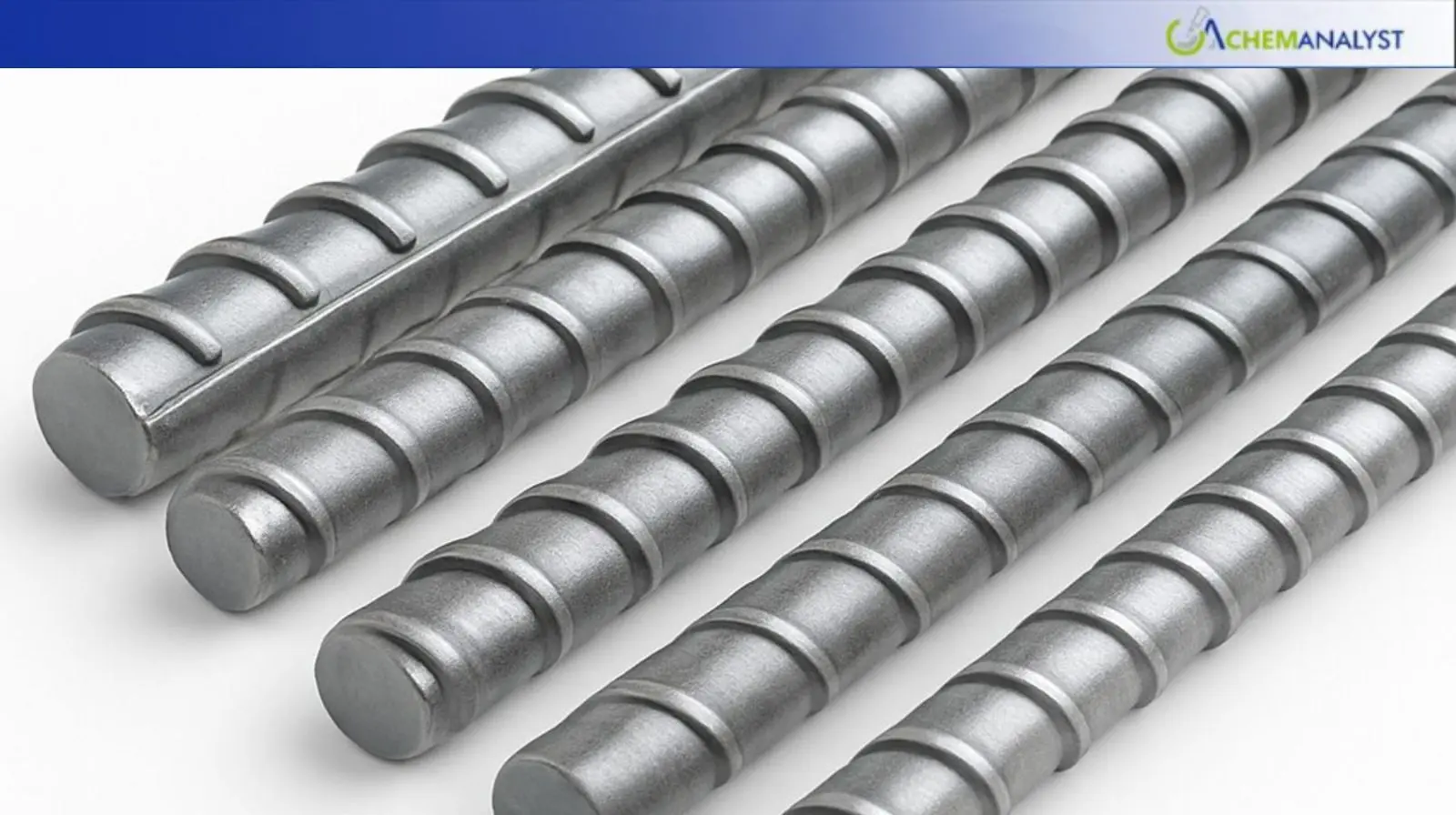Welcome To ChemAnalyst

In late September 2025, Steel rebar market in Europe witnessed a declining trend with Italy and the UK both witnessing a fall in prices. In Italy, steel rebar prices dropped owing to subdued demand whereas in the UK, market is impacted with manufacturers facing trade uncertainty, with ever changing tariff rules.
Italy
For the week ending September 19, the price of steel rebar in Italy was down 2% week on week. The demand is notably weak as customers are in a frame of mind to believe that the price will continue to decline and are thus buying only hand to mouth. While policy announcements will hopefully support building activity, there are widespread views of skepticism in the market of the ability of governments to actually match words with action, which does dampen good sentiment.
From the supply-side, the scrap price is being read down, which means the steel rebar price trend is not likely to reverse any time soon - and may continue over the next several weeks. Supply-side uncertainty and a general wait-and-see disposition by participants are continuing to limit trading activity. Activity in the region has been slow to accelerate post-summer break, and participants have adopted a wait-and-see attitude of many factors.
The UK
In the UK, prices for steel rebar also decreased by the same percentage. The ongoing bearish sentiment is related to the further delays to HS2 earlier in the week. Distributors are now left with extra tonnage in the market, and the continued delay of construction projects has subdued pull-through. Additionally, UK EAF mills did not encounter any scrap shortages and steady inflows from Northwest Europe, along with the exclusion of British Steel and Tata Steel from construction contracts, increased import share, and commodity supply.
The steel rebar market faced volatility as producers sought to preserve margins through price markups, while subdued demand continued to cap growth prospects. In the UK, construction sector activity weakened notably, driven by significant declines in housing and civil engineering projects, key consumers of steel rebar. Compounding the pressure, the UK government has reportedly ceased negotiations to eliminate Section 232 tariffs, maintaining a 25% duty on steel rebar and other steel imports from the U.S., further straining trade dynamics.
Looking ahead, prospects for steel rebar are showing signs of improvement. The UK government's newly announced Defence Industrial Strategy (DIS) 2025 positions domestic steel as a cornerstone of national security infrastructure. For the first time, procurement reforms will enable the Ministry of Defence (MOD) to prioritize UK-based steel producers, signaling a pivotal shift for a sector that has historically been underrepresented in defense-related construction and reinforcement projects.
We use cookies to deliver the best possible experience on our website. To learn more, visit our Privacy Policy. By continuing to use this site or by closing this box, you consent to our use of cookies. More info.
